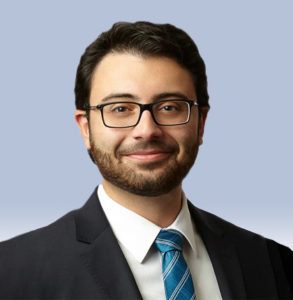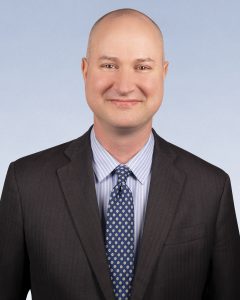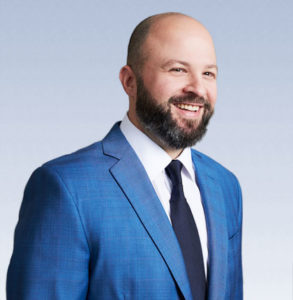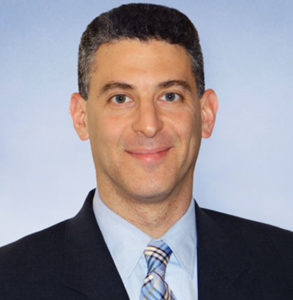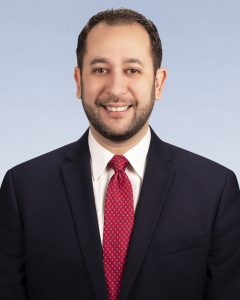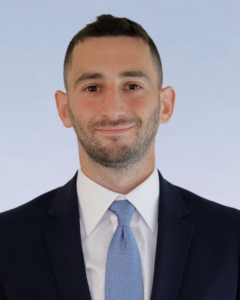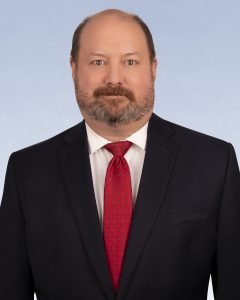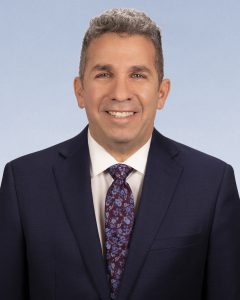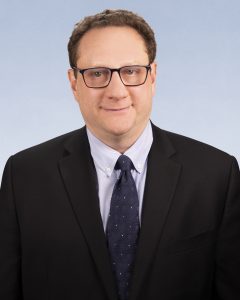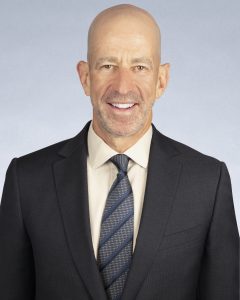Large Firm Service. Small Firm Attention.
SHARE
Substandard Conditions Continue For Many of New York’s Most Vulnerable Individuals with Disabilities: What Can You Do?
Published March 3, 2020
By Sandi Rosenbaum, Littman Krooks LLP
This February, the New York Times expanded on its recent reporting of horrific abuse to former residents of Willowbrook Hospital. The article pointed to risks of significant danger to the most vulnerable New Yorkers, at the hands of New York State. These former Willowbrook residents suffered substandard care and abuse both at the infamous institution and again, years later, in their state-run group home in the Bronx.
Willowbrook Settlement Decree Created New Structure, Which Still Falls Well Short of Ideal
As a result of a lawsuit, New York State Association For Retarded Children v. Carey, surrounding the abuse, a landmark consent decree in 1975 allowed individuals with developmental disabilities to leave the state institutions where they were warehoused to receive care by their families or in smaller, more personalized group homes. New York State created the Office for People with Developmental Disabilities (formerly known as the Office for Mental Retardation and Developmental Disabilities) to implement the decree. To this day, members of the “Willowbrook class” – individuals residing at Willowbrook and similar institutions at the time of the lawsuit – receive enhanced funding for care and services relative to individuals with similar needs who did not reside at such institutions, as compensation for the horrific conditions they endured and the resultant harm they suffered.
Unfortunately, conditions still are substandard in many of these group homes and individuals are still suffering from abuse. How can this occur as it shocks the conscience? Human service agencies face a formidable challenge finding workers to do this challenging, round-the-clock work. The best workers abide by a code of ethics stressing the dignity of the individual receiving support and the importance of protecting them from harm. However given the low wages and lack of opportunity for a true career path, many of those who fill, and stay in, these jobs, fall short of the ideal. The low pay of Direct Support Professionals (DSPs), including group home staff, contributes to poor care. While ten years ago, agency DSPs earned, on average, twice the minimum wage, many currently earn only minimum wage. Statewide, this has created a staffing shortage of 14% and a turnover rate of nearly 25%. While New York State did allot funding in 2018 for a two-year increase in the DSP reimbursement rate, such a provision is absent from the current budget.
DSPs employed by New York State, such as those at the state-run group home mentioned in the Times article, are paid at a higher rate than agency workers and enjoy union protections. Thus, it is particularly dismaying that this high cost and additional enhanced funding fails to protect many former Willowbrook residents from abuse by staff – nearly 100 allegations of physical abuse and over 30 allegations of psychological abuse reported in 2019 alone, with many more allegations of neglect and mistreatment.
What Families can do to Protect Vulnerable Family Members
What can families do to protect their loved ones? Peter Gerhardt, a well-known autism educator, speaks frequently about the most important skills for adult readiness. Chief among these he includes being able to bathe and dress oneself, as individuals who possess these skills are at significantly reduced risk of sexual abuse. However, these same individuals may still be at risk of physical abuse and neglect such as detailed in the article. Moreover, individuals and observers who lack communication skills cannot report injuries or other incidents of victimization.
Families need to visit their loved ones frequently – on an unannounced as well as a scheduled basis. Families should consult with professionals including psychiatrists with expertise working with individuals with developmental disabilities, to address changes in behavior, and determine whether any recent trauma may have occurred. And families need to lobby for better pay for DSPs to ensure that they receive better compensation.
If you have any questions about OPWDD or care for adults with developmental disabilities, consult with an attorney with knowledge in this area.
Learn more about elder law, estate planning and special needs planning at http://www.elderlawnewyork.com & www.littmankrooks.com. Have questions about this article? Contact us.
Was this article of interest to you? If so, please LIKE our Facebook Page by clicking here.
Weiser, Benjamin. “Broken Promise of Better Life After Being Abused at Willowbrook.” The New York Times, February 21, 2020, https://www.nytimes.com/2020/02/21/nyregion/willowbrook-state-school-staten-island.html, accessed February 24, 2020.
Categories
Recent Posts
Explore In-Depth

Corporate & Securities

Elder Law & Estate Planning

Special Needs Planning

Special Education Advocacy


